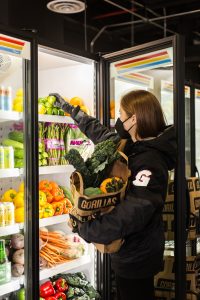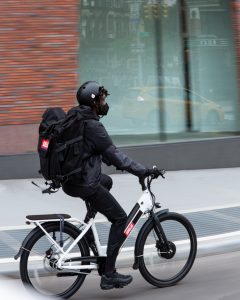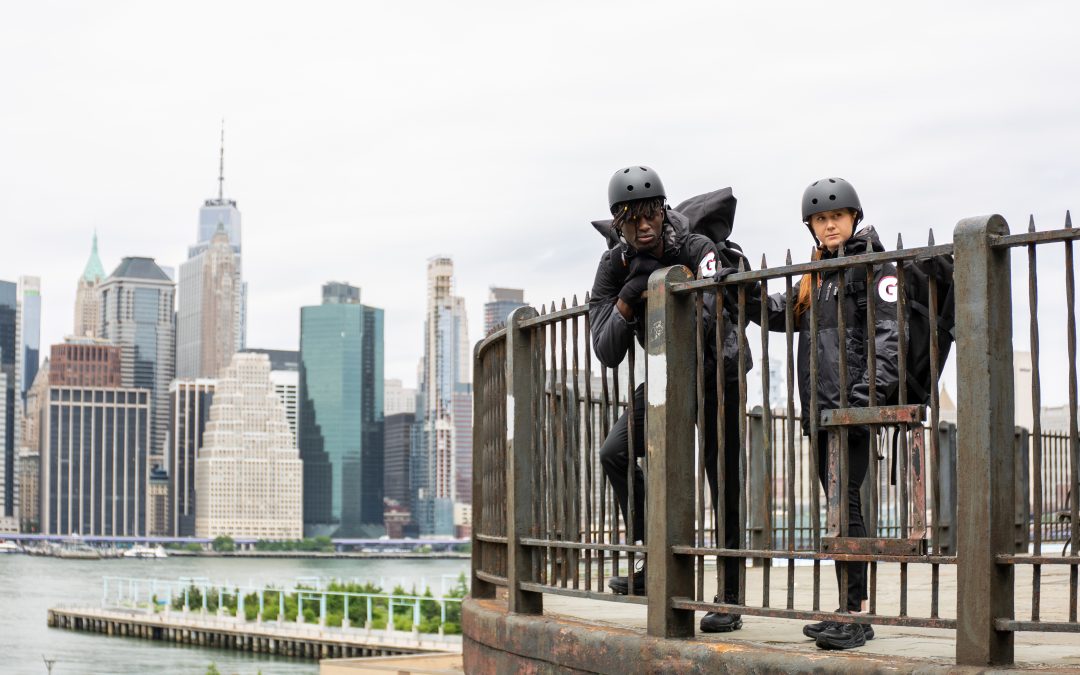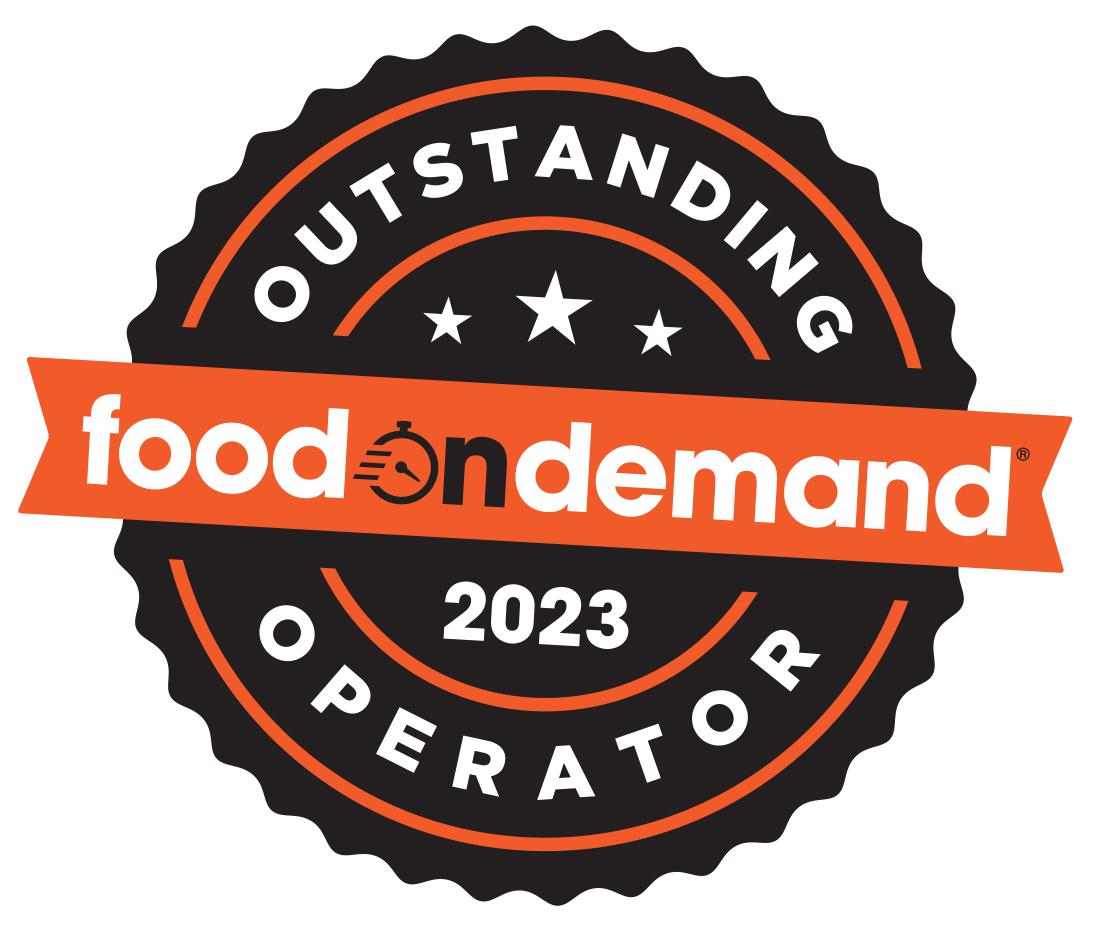Almost-instant grocery delivery company Gorillas is coming from across the pond to provide New Yorkers with groceries delivered in ten minutes or less. Kağan Sümer founded and launched the Berlin-based company in June 2020. Growing extensively from the start, Gorillas opened micro-fulfillment centers in 25 European cities in its first year.
 “We’re proud of the growth our company has seen in just a little over a year,” says Gorillas Chief of Staff Ashwin Wadekar. “We’ve raised $335.4 million over three funding rounds and operate more than 100 warehouses globally. We’re excited to continue this business growth as we remain focused on our value propositions amid expansion efforts.”
“We’re proud of the growth our company has seen in just a little over a year,” says Gorillas Chief of Staff Ashwin Wadekar. “We’ve raised $335.4 million over three funding rounds and operate more than 100 warehouses globally. We’re excited to continue this business growth as we remain focused on our value propositions amid expansion efforts.”
The fundraising Gorillas has accomplished is exceptionally unique. Its valuation hit the $1 billion mark just nine months after opening, the first German company to ever achieve this “unicorn” status.
Gorillas micro-fulfillment infrastructure facilitates zippy delivery times through the use of its dark stores—smaller-scale warehouses carrying 2,000 items of groceries and essentials that are located in each neighborhood that Gorillas delivers to. In each, there are team members who specifically focus on packing orders, ones who are prepared to ride, and others overseeing the process.
“While technology is a part of it, it’s our humans who make what we do possible,” says Wadekar.
Gorillas has been making good on its 10-minute delivery guarantee. While success-rate statistics aren’t public, the company assured Food On Demand they know what they’re doing.
One Apple review written in April 2021 by user sgmiller states, “I don’t know how they do it but they deliver groceries to my door in five minutes or less. The only time I had a problem with my order, they came back in 10 minutes with a missing item and an apology note complete with an extra snack!” That user continued, “It has been a literal lifesaver during the epidemic.”
On the app store, Gorillas has a 4.7-star rating and 189 reviews, with common positives being customer’s shock at the speed of delivery. Common complaints seem to focus on a lack of customer support, or irritation that Gorillas only caters to those in specific areas of Brooklyn or Manhattan.
“We’ve been doing this for a year, so we have a good understanding of the actions we need to take to deliver on our promise of 10 minutes in times of inclement weather or other challenges,” stated Wadekar. “Depending on the circumstance, we provide a credit to customers who don’t receive their orders within a reasonable range of 10 minutes or less or who aren’t satisfied with their experience.”
Forming in the height of the pandemic, Gorillas rode the wave of high demand for grocery delivery—an industry which surged from $1.2 billion in August of 2019, to $7.2 in June 2020 according to Statista.
 Gorillas currently serves six New York neighborhoods (Bushwick, Chelsea, downtown Brooklyn, Long Island City, Manhattan Valley and Williamsburg). As the company acclimates to New York neighborhoods, they’ll have to adapt to the needs of New Yorkers, who typically favor their local bodega for the basic essentials Gorillas advertises. They’ll also be competing with Instacart and Amazon Fresh, both of which offer a significantly wider array of options and favorites.
Gorillas currently serves six New York neighborhoods (Bushwick, Chelsea, downtown Brooklyn, Long Island City, Manhattan Valley and Williamsburg). As the company acclimates to New York neighborhoods, they’ll have to adapt to the needs of New Yorkers, who typically favor their local bodega for the basic essentials Gorillas advertises. They’ll also be competing with Instacart and Amazon Fresh, both of which offer a significantly wider array of options and favorites.
“While it’s a competitive space, we believe there’s room for everyone,” says Wadekar. “The need for a convenient, efficient grocery experience is pretty universal, so it’s more about adjusting to the individual neighborhoods we move into and meeting customer needs.”
Part of the Gorillas model is employing riders on contracts with full- or part-time schedules, benefits, and access to their career development program. Riders are also provided protective equipment and black e-bikes branded with ‘GORILLAS’ on the side; while the company boasts a rider-focused model. On their webpage, “love for cycling” is a featured requirement of the Gorillas team-members, along with punctuality and an inclusive mindset.
“Our founder and CEO is a very avid cyclist, he biked from Turkey to China once,” says Wadekar. “And this is sort of the driving force behind a lot of what we do. Biking is a very efficient mode of transit. It’s a very underutilized mode of transit. It’s a very sustainable mode of transit, and we thought this could be applied to the grocery sector.”
But as recently as June 12, riders have begun the Gorillas United initiative, a worker’s union in Germany, where riders began striking at the Berlin warehouses demanding rights.
The riders claim a colleague was fired unfairly and without warning. They threatened to barricade the Berlin warehouse with their e-bikes if their former co-worker was not reinstated. The company provided no additional details on the case of the fired employee, which has made headlines in the company’s home country.
“Gorillas fully support the idea of a worker’s council, but it must be based on trust and positive collaboration,” Wadekar wrote to Food On Demand. “We’re looking forward to having employees’ interests represented in employment-related business decisions—this is also stated on our manifesto.”
The fast-growing demand for efficient grocery delivery has allowed Gorillas to develop as quickly as it delivers. Coatue Management, a leading financial backer was one of the first to enable Gorillas with the funding to continue expansion. Other investors include but aren’t limited to DST Global, Tencent, Green Oaks, Fifth Wall and Dragoneer.
Gorillas is currently negotiating several leases in multiple U.S. locations, some of which aren’t necessarily major cities. At the moment, it intends to cover the majority of New York City and several major urban areas in the country by the end of the year.




